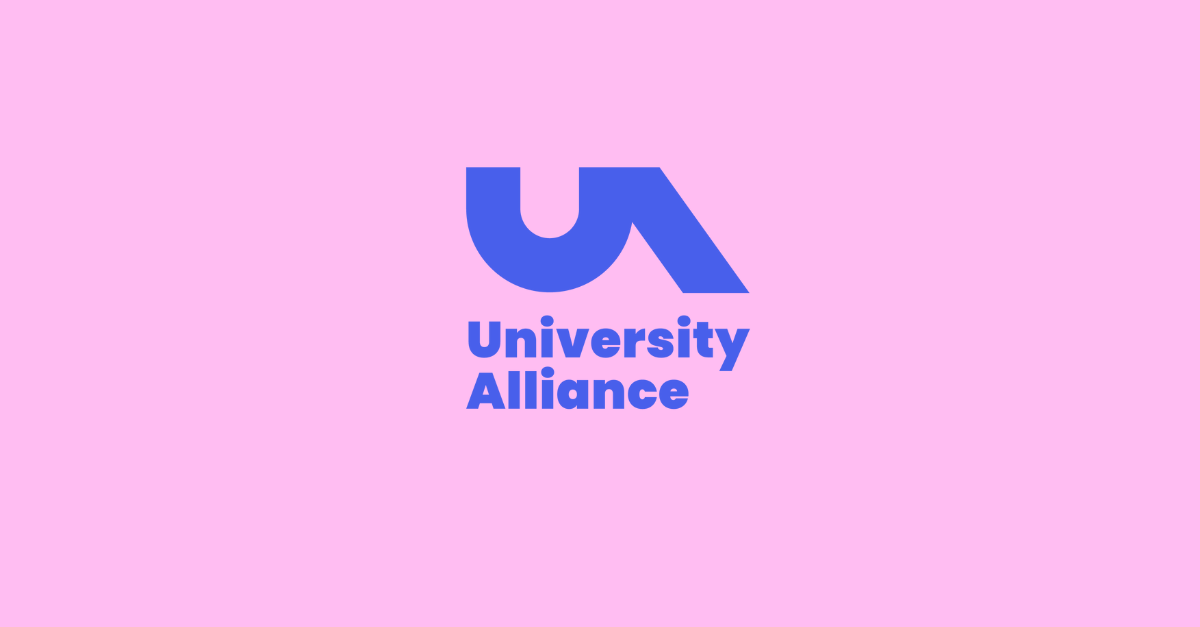Today (November 5) the Curriculum and Assessment Review published their final report, which offers recommendations aimed at shaping a world-class curriculum for all learners.
Here’s what you need to know today about the impact of these recommendations on technical and professional universities.
- The review ends the false binary between academic and technical qualifications, in part through the scrapping of the EBacc measures. It’s in the overlap between academic and technical where our universities thrive, and where students gain the most opportunities to acquire future skills.
- The review continues to prioritise high-stakes traditional exams. This forces teachers and students to prioritise a rote memorisation style of learning that directly impacts efforts to establish a genuinely enriching curriculum. Universities are establishing more innovative and inclusive forms of examination; the review’s focus on traditional styles will only increase the misalignment between the secondary curriculum and higher education approaches to assessment.
- The review recommends a commitment to truly broad and balanced curriculum, with creative arts and technical subjects awarded parity with others. We welcome this development but will continue to campaign for inclusive assessment practices to develop in tandem with the broadened curriculum.
- To reduce overlap and complexity, the review proposes to simplify the post-16 qualifications into three distinct routes (A Level, T Level and V Levels) that students can take in combinations, which is to be welcomed. Concerns remain about the creation of whole new qualifications; as founding members of the Student Choice campaign we do not oppose innovation in qualifications per se, but we urge caution in replacing well-established AGQs with untested alternatives. Retaining choice and flexibility will be paramount.
- The review recommends introducing a new level 1 stepped qualifications for maths and English language at 16-19. This is a welcome change because a quarter of young people currently fail to achieve a pass in GCSE maths and English by 19. This is national scandal, and the problem is getting worse, with a doubling of maths resits in recent years. However we are concerned that this doesn’t go far enough to address this problem and we will continue to campaign for alternatives.
We’ll be publishing a full digest soon – stay tuned for deeper analysis and sector-specific recommendations. In the meantime you can find our submission to the Review here.




